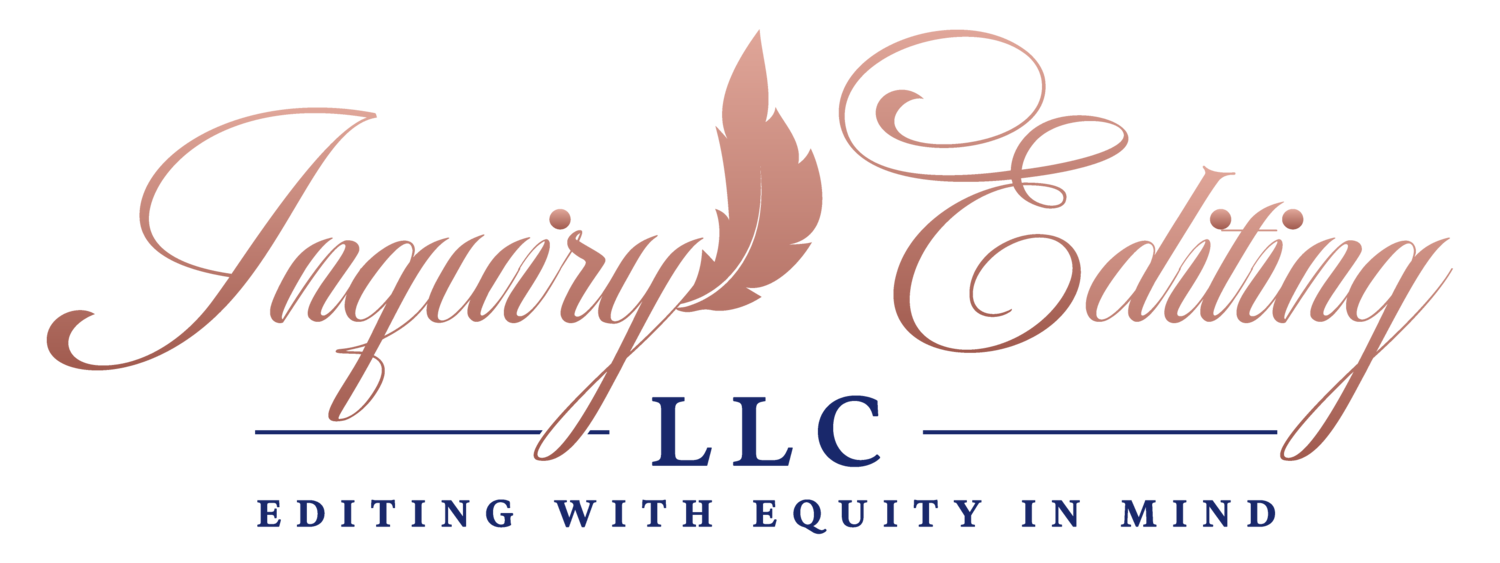Writing Truth to Power: Discomfort
Many of my clients are writing about race, class, gender, disability, sexuality, power, privilege, and/or colonialism. One of the hardest things for them to do is figure out how they will negotiate their relationship to power. For some, this is the power of a tenure or promotion committee. For others, this is the power of a publisher. Since I edit with equity in mind, my task over the next few newsletters is to give some inkling about how you might write truth to power.
To be fair, this phrase – “truth to power” – embeds itself in my psyche from my days as an undergraduate, when my campus was transfixed by the professors working in Black Studies who consistently spoke truth to power or used the phrase to describe what they were doing. Currently, the phrase functions as an ethos of how to write and why, to whom and for whom.
I want to talk about discomfort. Whose? The writer’s, of course! I start here because writing forces someone to confront their own comfort or lack thereof. I have often heard critical writers describe their work as something that “makes people uncomfortable,” but I wonder whether that description is also true of the author. What in your writing makes you uncomfortable?
For me, it was creating the scaffolding to my first book, New Body Politics: Narrating Arab and Black Identity in the United States. I was prepared to talk about anti-Arab racism and anti-Black racism. But, I needed to reckon with anti-Arab racism in Black American communities and anti-Black racism in Arab American communities. This was discomfiting for professional reasons. I did not want to make enemies in either field. I also did not want to appear to be anti-Black or anti-Arab myself by virtue of explaining these realities without grace. This was also discomfiting for personal reasons. I had been taught and was unlearning the idea that suggesting anything negative (read: more human than saintlike) about my racial and ethnic enclave was “airing dirty laundry” and courting the racist opinion that we deserved our oppression. I had been taught and was also unlearning the idea that suggesting anything negative (again: more human than saintlike) about another racial and ethnic enclave was not my place. Both were grounds for expulsion from these communities or, at least, being under life suspicion of being a traitor.
Sit with that for a moment. I thought – regardless of how untrue – that I was facing professional ostracization, professional penalty, and being excommunicated from communities I hold dear. I want to pause to acknowledge that there are people who believe that those ideas are true and will behave accordingly.
It isn’t as simple as “ignore those people” or “forge ahead anyway.” Instead, it is a question of how to write what I know to be true (in this case, there is anti-Arab racism in Black American communities and anti-Black racism in Arab American communities). My answer was to explain how these ideas come to be, so that it was clear why these tensions exist and how much they are structured by outside forces including capitalism, white supremacy, and ableism. The history of ideas helped me to clarify and gave me the space for grace – both for myself and these communities.
As you confront your own discomfort, it is helpful to unpack where that discomfort comes from. Perhaps you separate feeling from fact. Then, you might be able to forge ahead with a history of ideas and events. Perhaps you state that this topic is a discomfiting one for reasons you name. Perhaps you allow the story itself or the characters to work out that discomfort. One thing for sure, two things for certain. You can’t avoid it and you can’t not address it.
